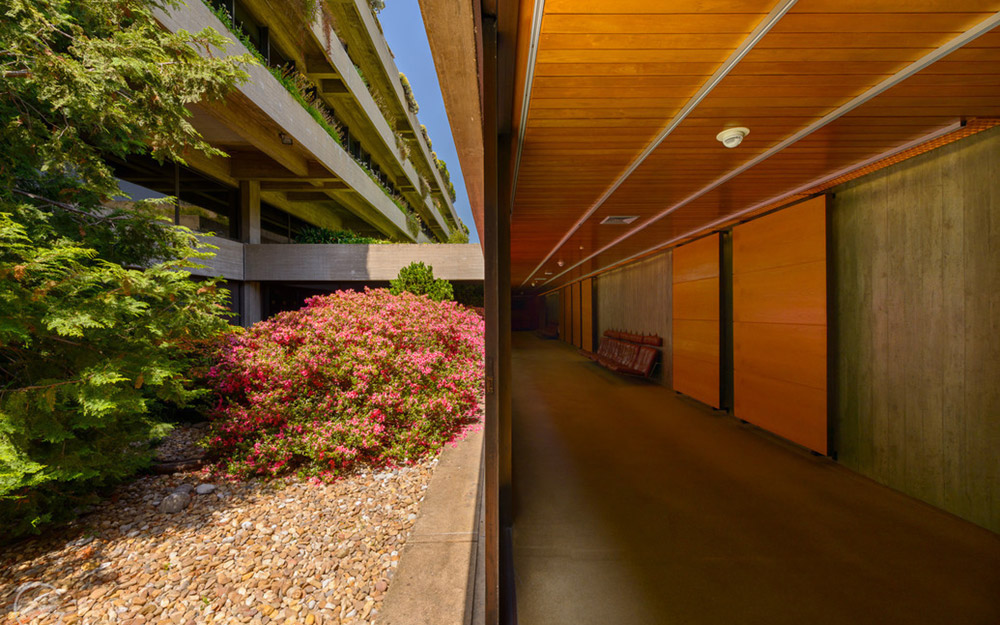A Note from the Director of the Armenian Communities Department

The Covid-19 pandemic has been difficult for all of us. Like the rest of the world, Portugal too is in lockdown. Thankfully, the situation at this point is not as grave as in some other countries.
The Foundation has been closed since mid-March, with all events such as concerts and conferences cancelled, the museum and the gardens shut, and travel postponed indefinitely. This does not mean that we have stopped working. On the contrary, we have been incredibly busy adjusting our programmes, coming up with new initiatives in the context of the pandemic, and continuing to manage ongoing projects, assessing new ones and evaluating scholarships.
We just launched two new initiatives in the context of the coronavirus lockdown, “Prizes for Teaching Armenian Online” and “BE HEARD”. The first is exclusively for school teachers in the Diaspora, in recognition for their valiant efforts to suddenly turn their lesson plans and classrooms into virtual tools and spaces. The second is for all creatives in the Diaspora and in Armenia who wish to address current global issues in the Armenian language. These two prizes are in addition to the “Creative Culture Programme in Lebanon,” which was initiated earlier in the year, for youth in that country. We also launched a specific educational strategy and programme for schools in Lebanon; we have been working with various schools to fund some of their pedagogic activities.
We made a 50,000 USD contribution to Armenia, to help its battle against Covid-19. Working closely with Armenia’s High Commissioner for Diaspora Affairs, and in collaboration with other major diasporan organisations, essential personal protective equipment and other medical supplies were purchased for front-line health workers in Armenia.
Our ongoing work carries on. We continue to process university scholarships (the programme remains open, even though the number of applications is much less this month). Our Board of Trustees approved for two years the continuation of the Armenian Diaspora Survey. The Armenian Fellowship at Bogazici University is getting ready for the next academic year. The translation of important social science texts into Armenian continues (books by Foucault and Agamben were published in March, while others are in press), as does the translation of books for children and young adults in the Zartiss Collection in the Diaspora. The publication of Western Armenian literature in Armenia also continues, with some of the books already printed (e.g. Vorpuni, Poladian, Sarafian, H. Oshagan).
We are getting requests from people who want to know of online materials in Western Armenian that we have recently supported so that they can use them while in lockdown at home. Here are a few suggestions: Parev Arev videos and workbooks for children, pokrig and e-ptit websites, digital and audio books on the digilib.am and vlume platforms, the aghvorpaner site, and Tumo’s recently released Mashtots: A not-so-true Story comic book.
We also encourage you to become active in writing or editing Wikipedia articles in Western Armenian, which now has its own distinct language code. Finally, there is, of course, the Nayiri.com website for Armenian dictionaries and spellcheckers. These are only a few of the projects related to Western Armenian that the Foundation has supported. Many more are forthcoming during the next several months.
We had to cancel some important events in London, Yerevan, Paris and Athens due to the pandemic. Some activities, such as a writing workshop for young adults have been moved online. The Zarmanazan 2020 summer educational camp for children and young adults could also not take place in its previous (physical) format, and is currently being transformed into an entirely new online programme for the summer for its registered participants, based on Zarmanazan’s participative and creative approach. It is affectionately dubbed “Zartsants 2.0.”
In short, despite the Covid-19 crisis, and the important programming adjustments we had to make, the Armenian Communities Department continues its work in funding projects, delivering initiatives and supporting partners, from the isolation – and sometimes comfort – of our homes! Visit the Department’s website to find out more about many of these initiatives.
Razmik Panossian
Director, Armenian Communities Department
To read the announcement in Armenian, please click here.
